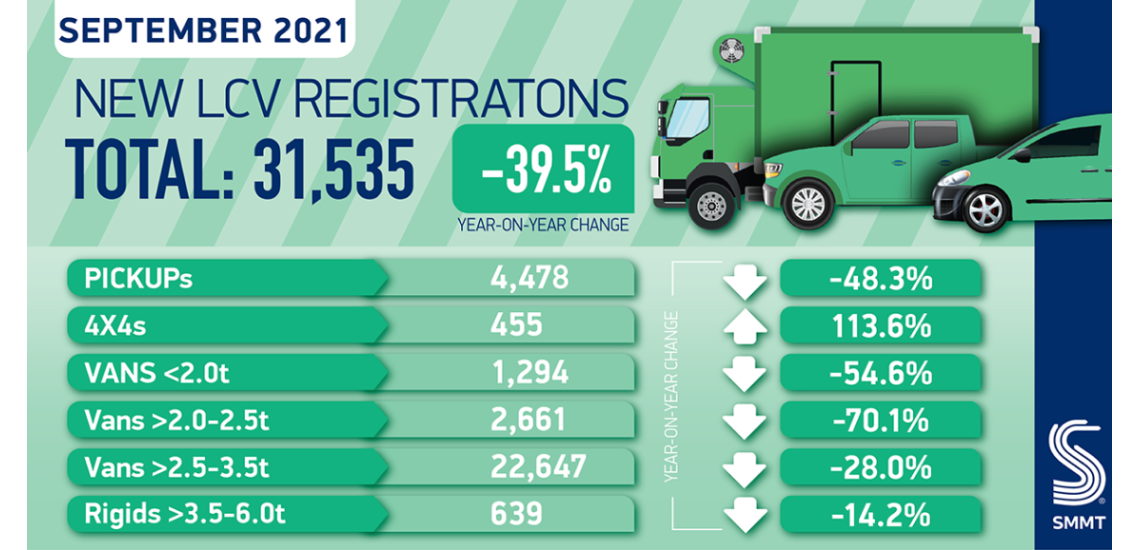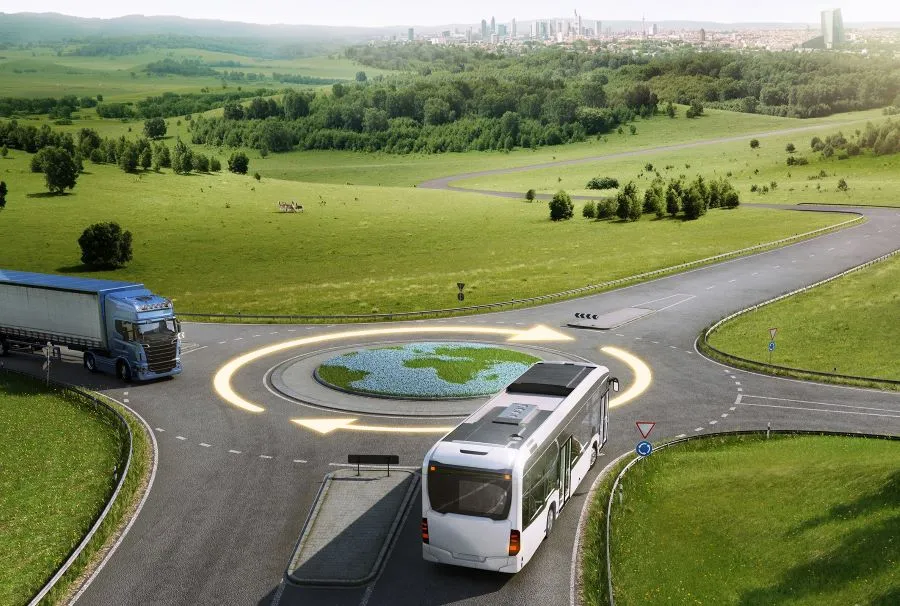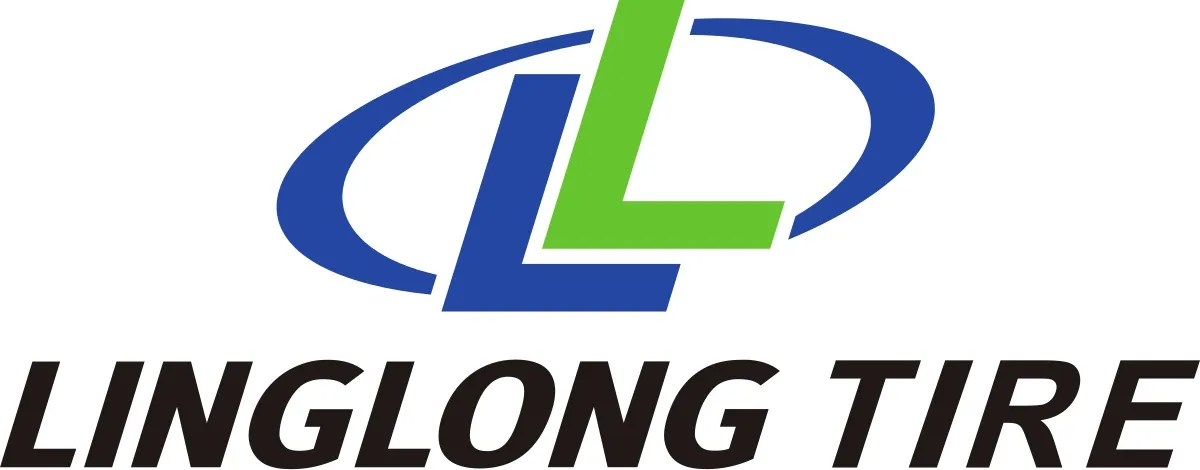In a steep decline, the LCV market declined by 39.5% in September as the semiconductor shortage lays bare the supply challenges faced across the UK. New vans, however, show a healthy 28.4% increase compared to the prior year-to-date, with heavy van uptake up a solid 39.3% on the previous year, forecasting a more robust outlook from The Society of Motor Manufacturers and Traders (SMMT).
Light Commercial Vehicles September Figures Lowest Since Recession-Crunching 2009
The SMMT’s latest figures show a fairly steep 39.5% decline in LCV figures, with just 31,535 vans registered from the year before. Compared to the pre-pandemic average, the sector is down 41.8% making these numbers the lowest since 2009, when the financial recession affected the world.
Registrations across the month fell by double figures across all weight classes, bar 4x4s. Vans in the 2.0-2.5 tonnes category saw the heaviest blow with a 70.1% reduction. Heavier trucks of over 2.5 tonnes saw a comparably better 28.0% drop, especially in comparison with the 54.6% decline in light vans registrations.
The positive result from the numbers is that heavy vans figures are still much stronger than 2020, with the 181,954 vehicles registered so far this year more than 51,000 additional units over 2020’s weaker figures. Ford Transit Customs and Ford Transits remain the runaway bestsellers for the year.
It’s becoming increasingly clear that that the semiconductor shortage is blighting commercial vehicle production lines around the world. Although year-to-date production of all vans up to 3.5 tonnes is nearly 60,000 up from 2020, there’s still a 5.9% decline when looking at the pre-pandemic five-year average.
Mike Hawes, SMMT Chief Executive noted that September was indeed disappointing for new van registrations, indicating the semiconductor shortage has now actively affected supply. He said of the situation and the sustained push for zero emissions models: “Manufacturers are doing all they can to fulfil orders and, after a strong year so far, demand remains high. With businesses continuing to renew their fleets, there is a greater choice than ever of new zero emission models coming to the market, helping ensure the commercial vehicle sector plays its part in decarbonising road transport.”








